On the eve of Mother’s Day—which falls on 21 March—shops line up with floral arrangements and endearing gifts to celebrate the occasion.
When I asked my mother how she wanted to celebrate this day, she told me she did not want cards or presents. Innately, I thought this was my mother’s way of telling me I should bring cards and presents—except she was being serious.
Even with the barrage of advertisements that would otherwise play on people’s emotions and sentimental impulses, this day left no resonance with my mother. My grandmother—my mother’s mother—also hated this day. Both of the strongest women I know scorned a day that is made to celebrate them—so I had to find out why.
What is the origin of Mother’s Day?
Across much of the Arab world, 21 March is Mother’s Day, a cause intended for celebration. The origins of the holiday are rooted back to the time of the ancient Egyptians and were continued by the Greeks and Romans.
Later, in 1953, the day was developed and integrated into the Egyptian calendar by Egyptian journalist Mostafa Amin who wrote to the Ministry of Education advocating for a special day dedicated to the admirable devotion of mothers across the country, as he had seen the works of activist Julia Ward in America.
In 1965, former president Gamal Abdel Nasser approved the idea, and Mother’s Day has been celebrated on the 21 March ever since.
Globally, Julia Ward was one of the origin stories of Mother’s Day. Alongside her story are many other women activists, such as American activist Ruth Hanna McCormick and social activist Anna Jarvis, who demanded an equal voice in shaping the laws that govern women, and vouched for accessible health and childcare.
Although across the world, countries celebrate Mother’s Day in different months and days, in Egypt and many other Arab countries, it falls in March—Women’s History Month. A month where, annually, women are celebrated for their tireless and impactful contribution to history and society and for their courageous fights for equality, justice, and opportunity.
Yet, a month that magnifies some women can often deem other women smaller, because of Mother’s Day. From this follows this question: why can a day that supposedly highlights women, become a dispiriting occasion for many?
A sincere holiday or a painful reminder?
For some, Mother’s Day is a day full of warmth and sincerity. For others, it may be less welcome.
“I do not like this day, never did at a young age, and never will, even as a mother of five,” says Marwa Ahmed. “To me, this day reminds me that there are children out there who have lost their mothers, and it only serves as a painful reminder to them.”
Ahmed’s perception of Mother’s Day bears the weight of how this day can bring feelings of sadness and despair.
An article on online journal Psychology Today also rejected the traditional celebrations of Mother’s Day,’ “largely, because it is a reminder of those who have lost their mothers, mothers who lost a child, people who have estranged relationships with their mothers, infertile women, and women who choose not to be mothers.”
In 2018, a British supermarket ‘Waitrose’ decided to change the narrative of Mother’s Day. The supermarket sold cards that said ‘Happy You Day’ and ‘Thank you for being a wonderful Mom, Dad!’ to challenge stereotypes.
Waitorse’s decision might have not had a great impact, but its intention was to diversify the role of mothers because nuanced representation of mothering humans is lacking. For example, there are single mothers, fathers who have had to take the roles of mothers, grandparents, and teachers as well who have provided care, love, support, and attention—regardless of the family structure.
In Australia, some preschools and childcare centers have renamed the occasion ‘Parent’ or ‘Family Day’ in a bid to be more inclusive.
There are mothers separated by conflict, mothers who abandoned their children, and so many other scenarios. Not only for women, but also for children who become crumpled by grief because of Mother’s Day posts—another reason why this holiday can be extremely painful.
Society loves mothers, but not too much
Aside from the complications of Mother’s Day, where feelings of grief, estrangement, or even resentment from having a mom are not particularly deserving of a celebration can arise, it also highlights complex gender issues surrounding gender gaps and unequal opportunities.
In 2022, Egypt ranked 129 out of 146 countries on the Global Gender report.
Instead of stressing equality, health care, and safety, Mother’s Day had become an occasion for vapid expressions on social media celebrations and store-bought cards.
Forget the chocolate boxes, women want to be seen.
Thus, a holiday once innocuous now holds space for conversations on the different roles women play as mothers.
My mother had a different perception on how to really celebrate mothers—and although I am far from being one, I agree. My mother, who has given my sister and me more than we could ever hope or dream, still refuses to be boxed and labeled as solely a mother. Most of the time mothers are boxed into imposed gender roles, where their job is assumed to be sole primary caregivers.
“To me, this day boxes me in. It labeled me as a mother when I am so much more than that. I am a daughter, a wife, a friend, a doctor, a person,” she explains.
A possible act of activism and kindness would be to release women from the pressure to be or not to be mothers. Instead, as a society, we should celebrate people—regardless of their familial choices and appearances.
The day has been tainted by cultural and societal messaging, mainstream programming, and social media depictions of what Mother’s Day, and by extension mothers, should look like. Instead, this day should be made to celebrate all the women—and men—who have mothered, guided, supported, and loved people, even those they did not give birth to.
It should be a day where women who choose to not be mothers are freed and rid of the shame that plasters them and the uncomfortable pauses that happen when people realize some women, for example, choose to let their children live with their fathers after a divorce.
Moreover, it is an opportunity to think critically about women’s value in society, to analyze how society would look and operate if laws, corporate policies and cultural norms treated mothers as autonomous and equal citizens whose labor—and existence—is valued.
The sacrifices of motherhood are acknowledged and celebrated every day. My mother was right, she did not want to celebrate Mother’s Day, she wanted to be appreciated and acknowledged all year round.
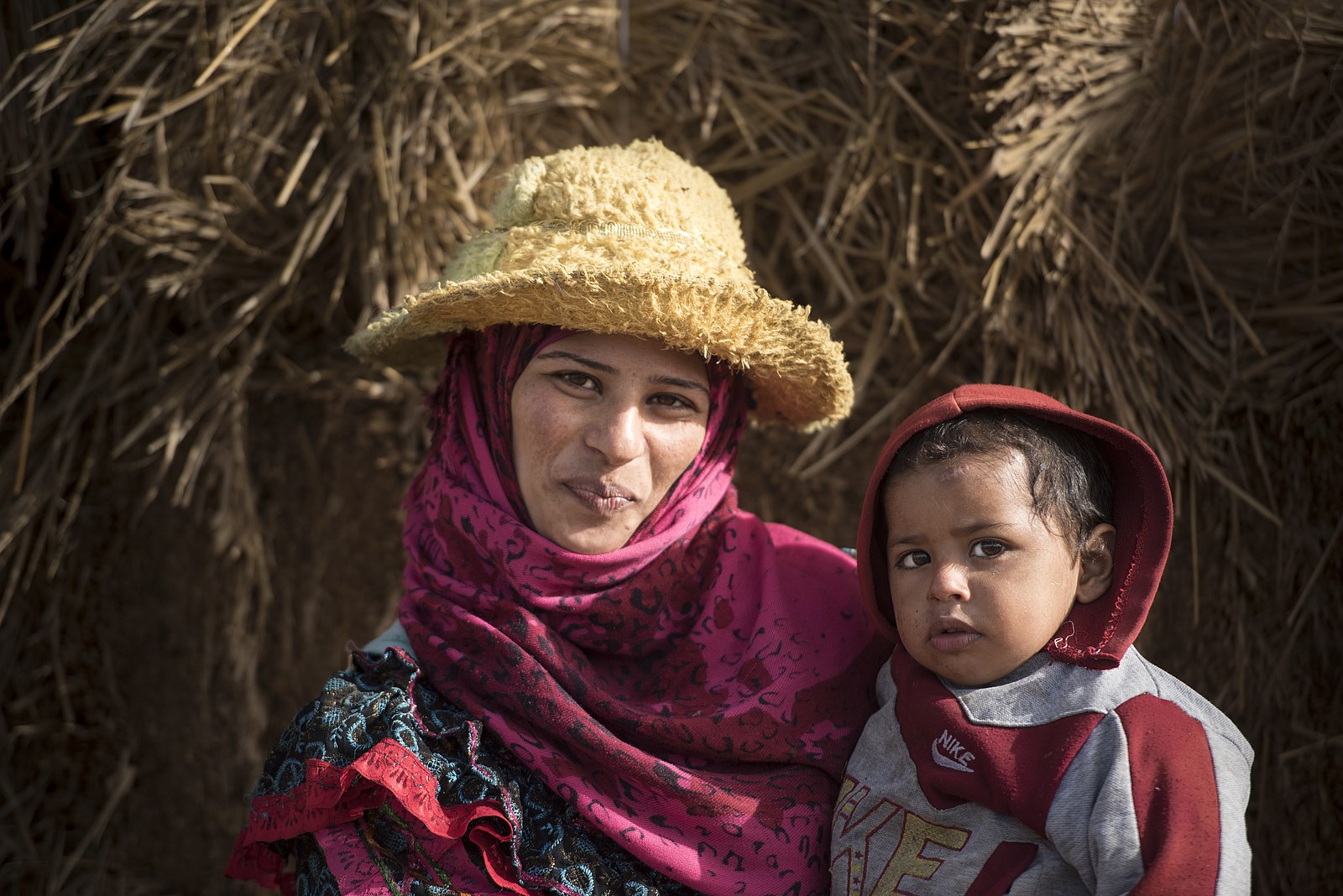
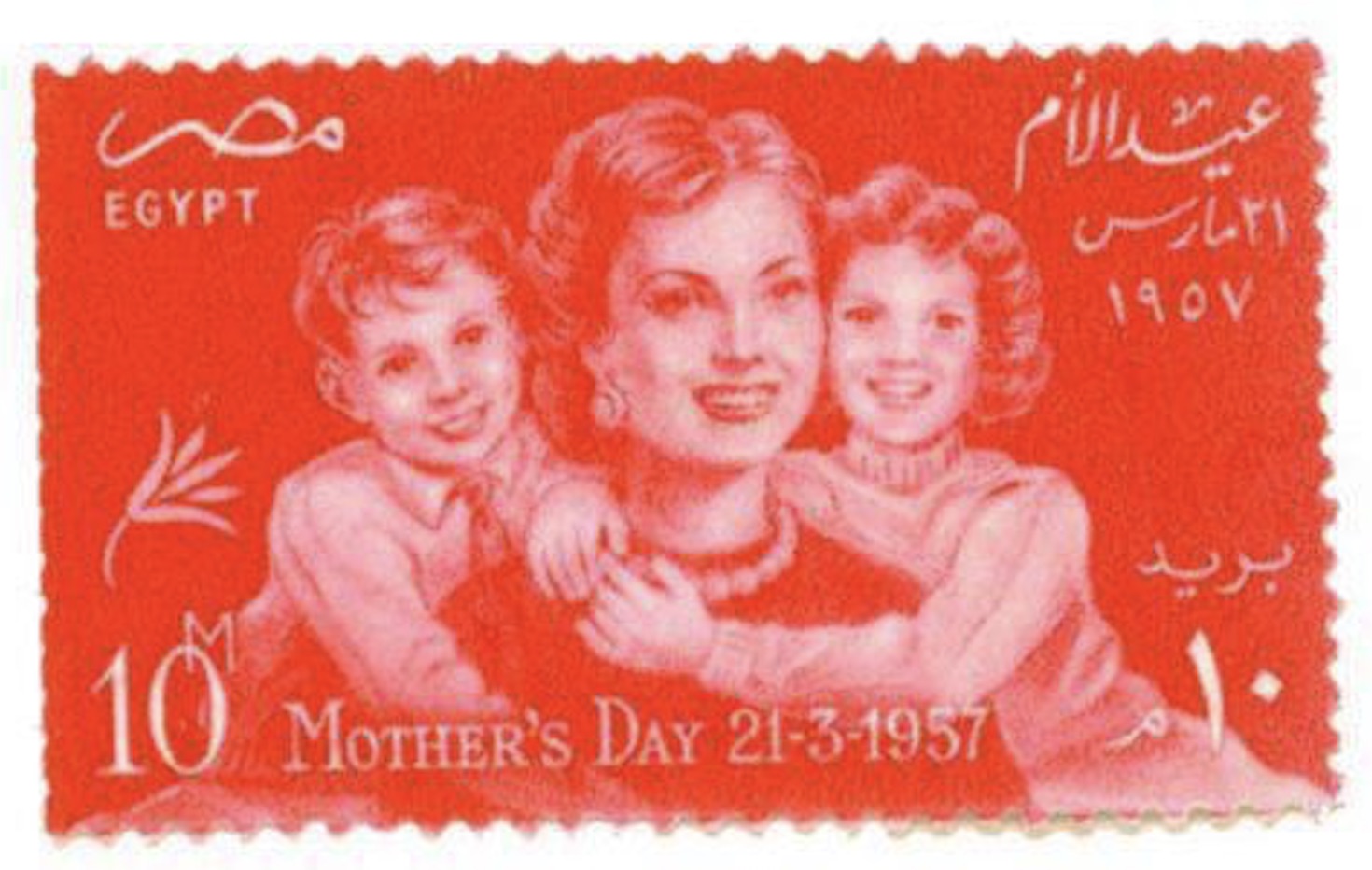
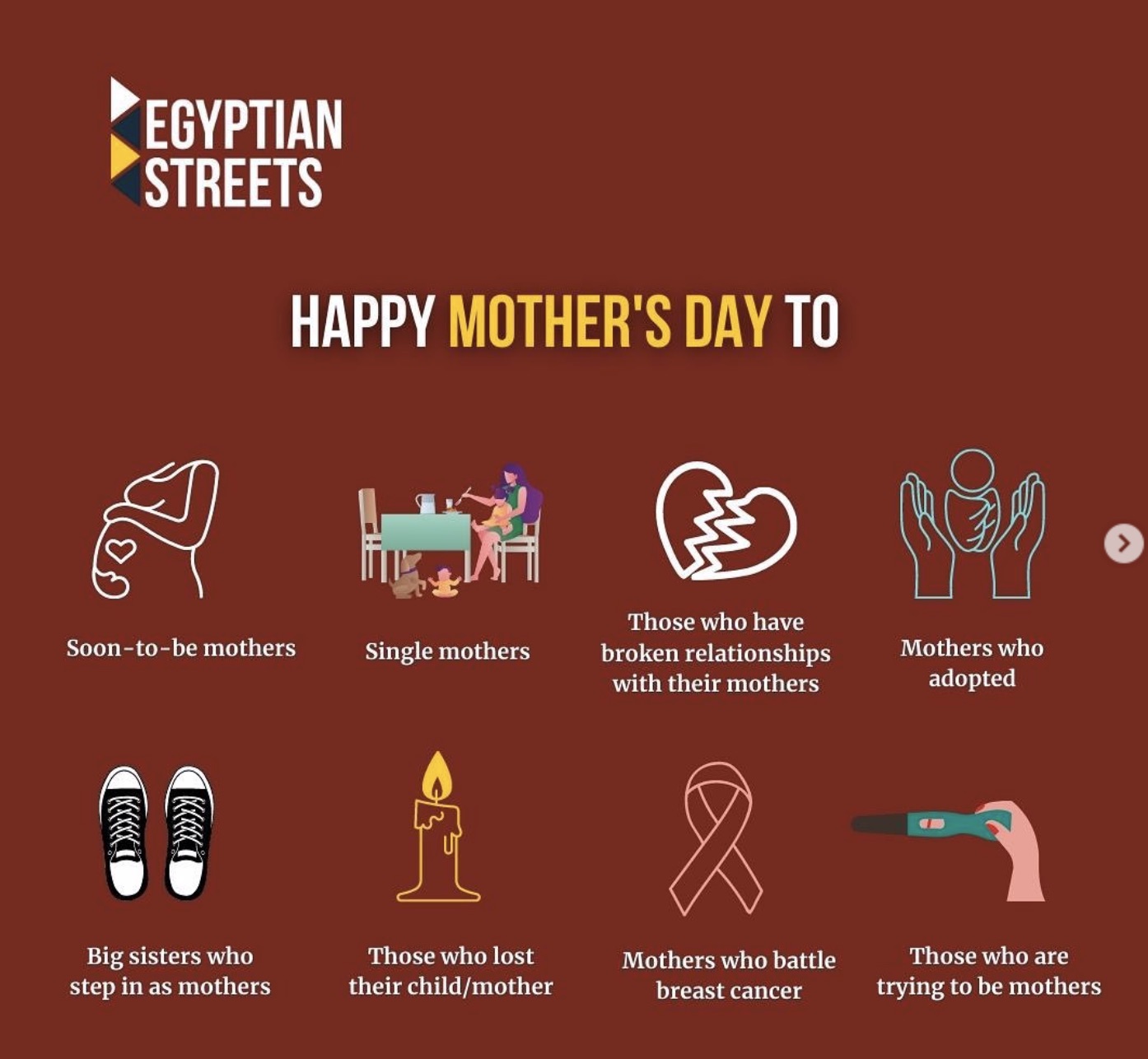


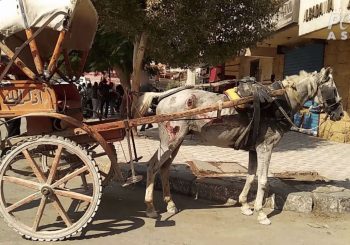
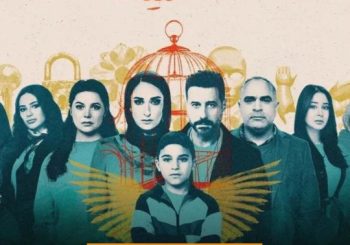
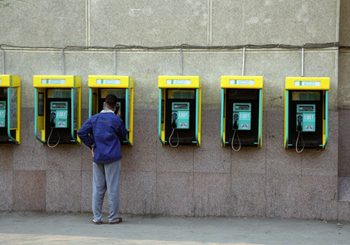
Comment (1)
[…] Source link […]